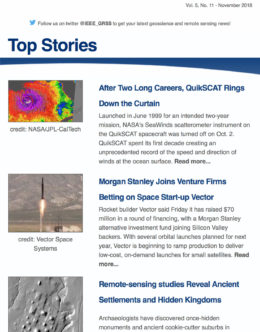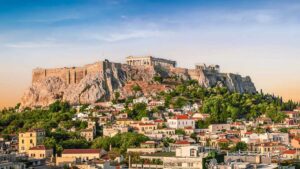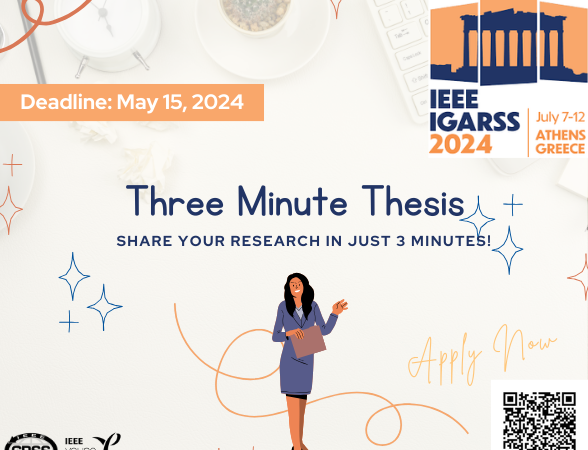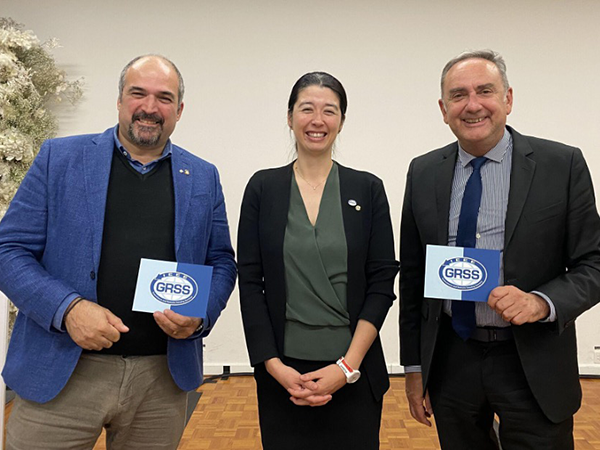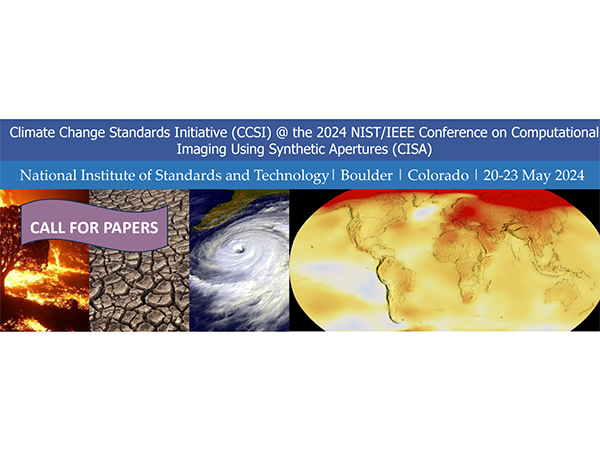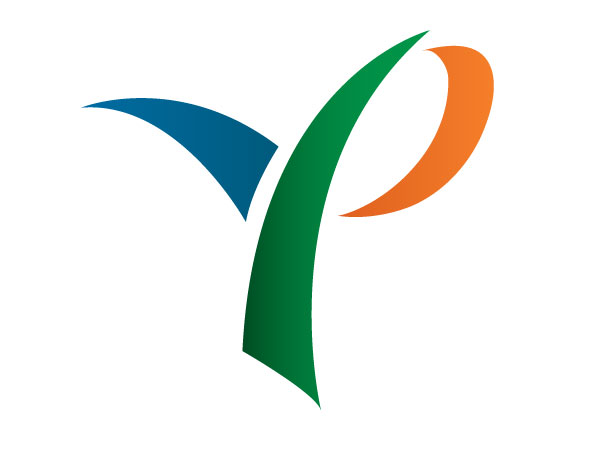Wednesday, March 24, 2021
2:00 PM US Eastern time
Speaker: Steven Reising, GRSS Secretary
Sponsored by GRSS
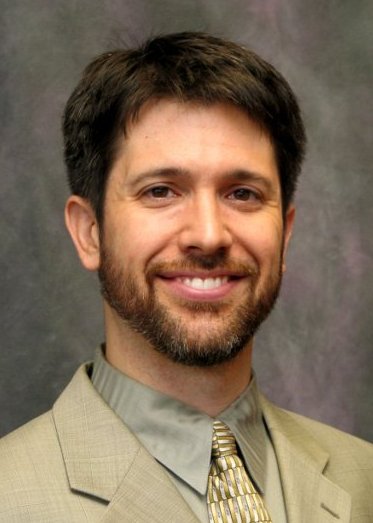

GRSS Webinar: The GRSS Administrative Committee: Part II, AdCom Meetings
In the second part of this webinar series. Dr. Steve Reising, the GRSS Secretary, will present the way the meetings by the GRSS AdCom are structured, the live and consent agenda items, and the annual Strategic Planning meeting. He will explain which are the topics discussed at the AdCom meetings and, among them, those that require a vote. He will also explain about how the AdCom manages GRSS publications and conference portfolios.
SPEAKER’S BIO:
Steve Reising is Full Professor of electrical and computer engineering at Colorado State University (CSU) since July 2011, where he served as Associate Professor from August 2004 to June 2011. Shortly before joining the CSU faculty in 2004, he received tenure at the University of Massachusetts Amherst, where he had been Assistant Professor of electrical and computer engineering since 1998. Dr. Reising received the Ph.D. degree in electrical engineering from Stanford University in 1998, where he was supported by a NASA Earth Systems Science Fellowship and advised by Prof. Umran S. Inan. At Stanford, Dr. Reising’s research focused on low-frequency remote sensing of lightning and its energetic coupling to the ionosphere, which produces chemical changes and transient optical emissions. He also received the B.S.E.E. (magna cum laude) and M.S.E.E. degrees in electrical engineering from Washington University in St. Louis. During the summers of 1999, 2000 and 2003, he was a Summer Faculty Fellow in the Remote Sensing Division of the Naval Research Laboratory in Washington, DC. Dr. Reising’s research interests span a broad range of remote sensing disciplines, including passive microwave and millimeter-wave remote sensing of the oceans, atmosphere and land; microwave monolithic integrated circuits and radiometer systems; lidar systems for sensing of temperature and winds in the middle and upper atmosphere; and atmospheric electrodynamics. He has been Principal Investigator of 12 grants from NSF, NASA, ONR, NPOESS Integrated Program Office (subcontract through the Naval Research Laboratory), European Space Agency (subcontract through the Sapienza University of Rome) and Ball Aerospace & Technologies Corp. Dr. Reising received the NSF CAREER Award (2003-2008) in the areas of physical and mesoscale dynamic meteorology, and the Office of Naval Research Young Investigator Program (YIP) Award (2000-2003) for passive microwave remote sensing of the oceans. His Ph.D. student Sharmila Padmanabhan received the Second Prize Student Paper Award at IGARSS 2003 in Toulouse, France and the URSI Young Scientist Award in New Delhi in 2005. Three of his undergraduate senior design students won two consecutive Best Paper Contests from the IEEE Denver Section and the IEEE Solid-State Circuits Society in 2007 and 2008. He was awarded the Barbara H. and Joseph I. Goldstein Outstanding Junior Faculty Award in 2004, the Lilly Teaching Fellowship for 2001-2002, and a Young Scientist Award at the URSI General Assembly in Toronto, Canada, in 1999. While at Stanford, he received first place in the USNC/URSI Student Paper Competition at the 1998 National Radio Science Meeting in Boulder, Colorado. Dr. Reising is a Senior Member of the IEEE and has served as the Vice President of Information Resources (2011-present) and the Vice President of Technical Activities (2008-2010) of the IEEE Geoscience and Remote Sensing Society (GRSS). He has served as an elected member of the IEEE GRSS Administrative Committee continuously since 2003, after 3-year terms as Editor of the GRSS Newsletter (2000-2002) and Associate Editor for University Profiles (1998-2000). He has been an Associate Editor of the IEEE Geoscience and Remote Sensing Letters (GRSL) since its founding in 2004. He has been a Guest Editor of the IEEE Transactions on Geoscience and Remote Sensing (TGRS) for the IGARSS 2008 Special Issue published in November 2009 and the Special Issue on Microwave Radiometry and Remote Sensing Applications published in July 2007. He has served as a recent reviewer for TGRS, GRSL, the IEEE Transactions on Microwave Theory and Techniques, the Journal of Atmospheric and Oceanic Technology, the Journal of Geophysical Research–Oceans, Marine Geodesy, Atmospheric Chemistry and Physics, the Journal of Oceanography, and Radio Science. In organizing scientific meetings, he was one of two Technical Program Co-Chairs of the IEEE International Geoscience and Remote Sensing Symposium (IGARSS) held in July 2008 in Boston, with over 1700 attendees. Dr. Reising served as General Chair of MicroRad’06, the 9th Specialist Meeting on Microwave Radiometry, held in March 2006 in San Juan, Puerto Rico, with 126 attendees from 15 countries. He was the Local Arrangements Chair for IGARSS 2006 in Denver, with over 1250 attendees. Dr. Reising has been an active participant in every IGARSS Technical Program Committee from 2001 to present. Dr. Reising serves the International Union of Radio Science (URSI) as the Secretary and Chair-Elect (2009-2011) of its United States National Committee (USNC), consisting of ten scientific commissions focusing on the theory and applications of electromagnetics and radio waves from ultra-low frequencies to Terahertz. Previously, he chaired its annual Student Paper Prize Competition at each National Radio Science Meeting in Boulder from 2004-2008 and at the URSI North American Radio Science Meeting in Ottawa in 2007. He chaired the first-ever International URSI Student Paper Prize Competition at the URSI General Assembly in Chicago in August 2008 and will chair the second one at the URSI General Assembly and Scientific Symposium in Istanbul in August 2011. In addition, he served as Technical Program Co-Chair for both the 2010 and 2011 URSI National Radio Science Meetings in Boulder. He served as Secretary of USNC-URSI Commission F (2006-2008) and is a member of URSI Commissions F, G, and H, the American Meteorological Society, the American Geophysical Union, Tau Beta Pi and Eta Kappa Nu.









